View all filters
Clear
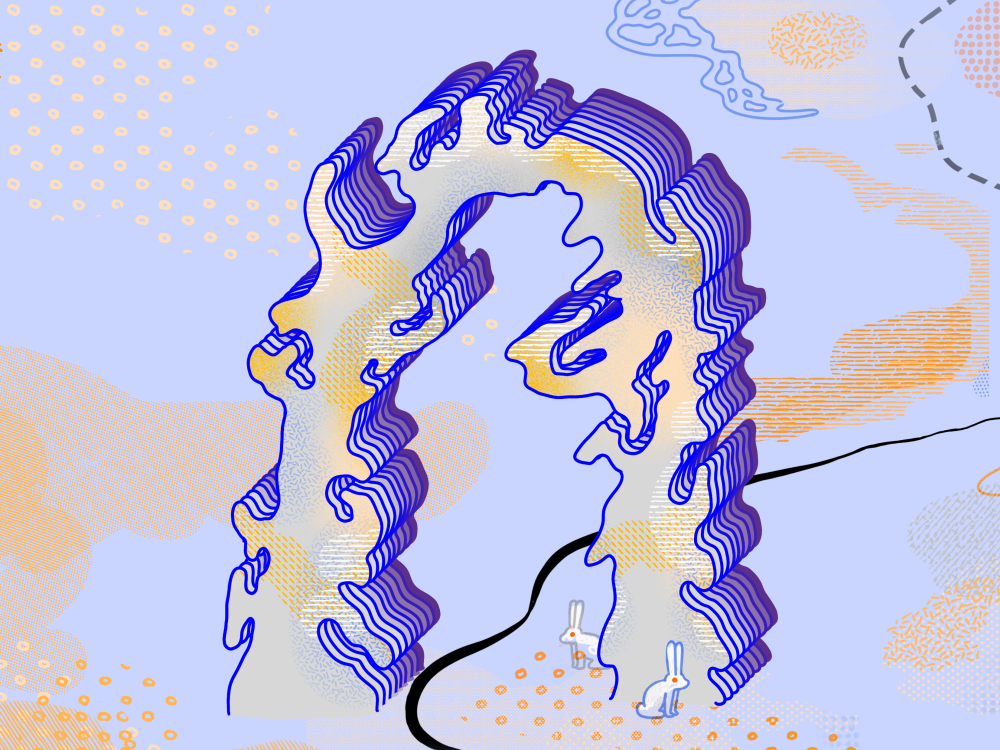
Through the Rabbit Holes
Wander into magical realms and fantastical worlds where reality is constantly redefined or questioned
Pássaros que cantam o futuro
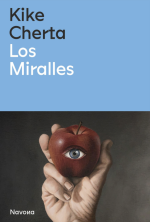
Los Miralles
La primera novela de Kike Cherta parte de una premisa tan sugerente como original. Los Miralles, una atípica familia valenciana, están convencidos de que el manzano que crece en el patio de su alquería es de origen divino. De hecho, creen que es el mismísimo Árbol del Bien y del Mal que aparece en la Biblia, el mismo del que comieron Adán y Eva embaucados por una serpiente parlanchina. Desde hace generaciones, tienen una única misión: vigilarlo noche y día para que nadie vuelva a probar jamás del fruto prohibido.
En este sorprendente debut, Kike Cherta indaga en las paradojas propias de cualquier tradición, en las siempre complejas dinámicas familiares y en la culpa asociada a las raíces. Envuelta en un aura mágica que casi no deja diferencias lo que es real de lo que es milagro, el libro se nutre de un punto medio ideal entre trascendencia y humor. Religión, familia e identidad se mezclan en una suerte de comedia negra profanamente bíblica.
Very Important Person
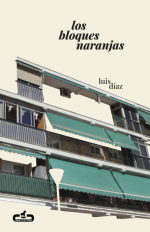
Narandžaste zgrade
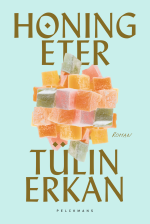
ARRIVALS / GELIȘ (Przyloty)
Very Important Person
Barbaren in het Romeinse Rijk
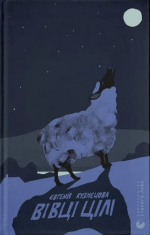
Вівці цілі
Geen ogenblik Portasar
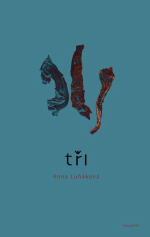
Tri!

ARRIVALS / GELIȘ (Медолюб)
Cathedra of hoe je slagroom maakt
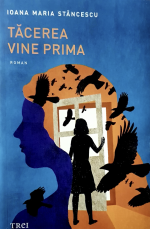
Prvo dolazi ćutanje
El aprendizaje
Sinossi
Apuntes para la vida de Frances Donnell

Семейство Миралес
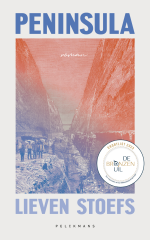
El Corredor (Península)

Meine Mutter hat Blumen gezüchtet (Uslovi nisu bitni)
Ljiljana D. Ćuk’s short prose dives into the depths of human emotion, exploring a strong sense of existential despair. With a direct and uncompromising style, Ćuk reveals the struggle to make peace with a world that feels broken, where every part of reality comes with an unsettling sense of disgust. Her writing gives readers a raw and intense experience, confronting the challenge of finding meaning in a universe that seems indifferent.
"The short prose of Ljiljana D. Ćuk is not only exquisite literature, which it undoubtedly is, but also an expression of general despair, the torment of trying to come to terms with anything that exists, as everything existing is mostly seen and experienced as repulsive in itself." (Srdjan Srdić)